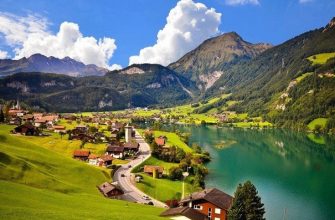Australia is a melting pot of cultures, home to a significant number of immigrants from all corners of the globe. Statistics reveal that one in every four Australians was born overseas. This rich cultural diversity significantly shapes the country’s vibrant social fabric, making Australia one of the world’s most multicultural societies. The influence of various ethnic groups is evident in every aspect of Australian life, from food to festivals.

In Australia, voting is not just a right but a legal obligation. Citizens who fail to participate in elections without a valid reason are subject to fines. This system underscores Australia’s commitment to civic duty and ensures that the government reflects the will of the people, as all eligible citizens are required to cast their vote.
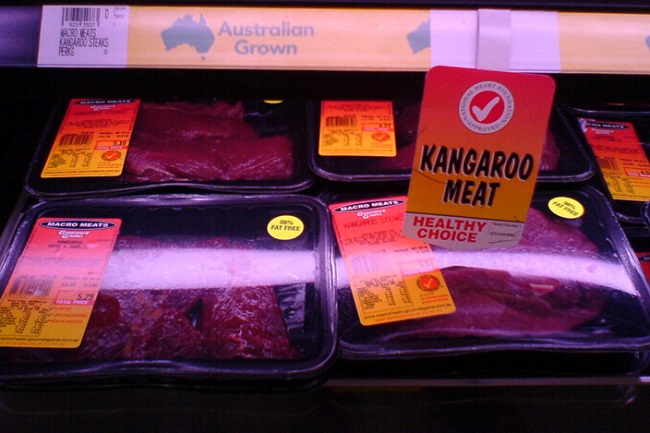
Kangaroo meat is a common find in Australian supermarkets, serving as a nutritious alternative to more conventional meats like beef and lamb. Known for being lean and high in protein, kangaroo meat is a popular choice among health-conscious Australians. It’s also seen as an environmentally sustainable option, given the large kangaroo population.
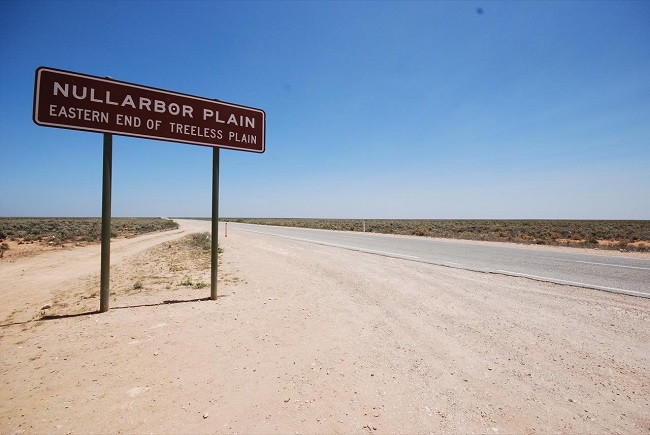
Spanning the vast Nullarbor Plain, Australia is home to the world’s longest stretch of straight road, measuring an impressive 146 kilometers. This seemingly endless road offers a unique experience for travelers, providing a glimpse into Australia’s expansive and sparsely populated interior.

In Australia, tipping is not customary. Unlike many other countries, Australians generally do not leave tips, which some believe impacts the level of service. Workers in Australia are paid fair wages, reducing the reliance on tips, which makes tipping a rare practice, though it is still appreciated for exceptional service.

The first police force in Australia was composed of 12 former convicts who had earned their place through exemplary behavior. This historical tidbit highlights Australia’s origins as a penal colony and the unique way in which law enforcement was initially established.
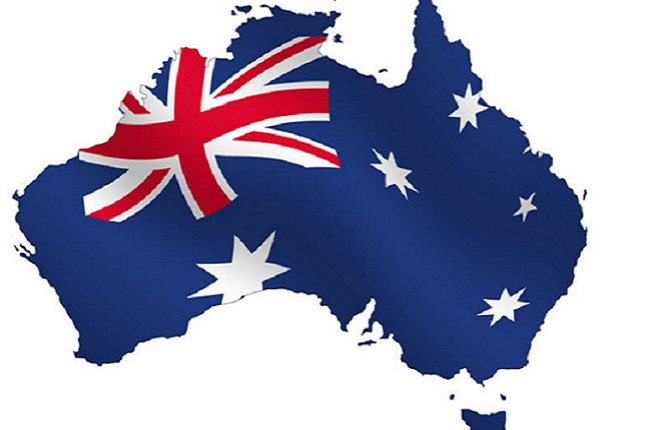
Australia is the only country that occupies an entire continent. This geographical uniqueness makes Australia the world’s sixth-largest country by land area, with a diverse range of climates and ecosystems.
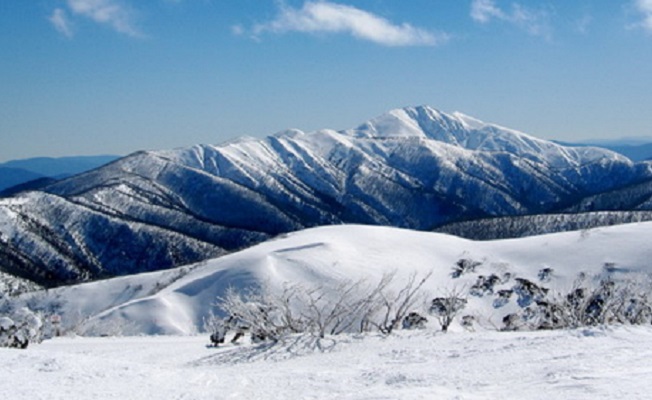
While Australia is often thought of as a hot, sunny country, the Australian Alps actually receive more snowfall each year than Switzerland. This fact surprises many, highlighting the diverse climate zones found within Australia, from its tropical north to the snowy peaks of the southeast.
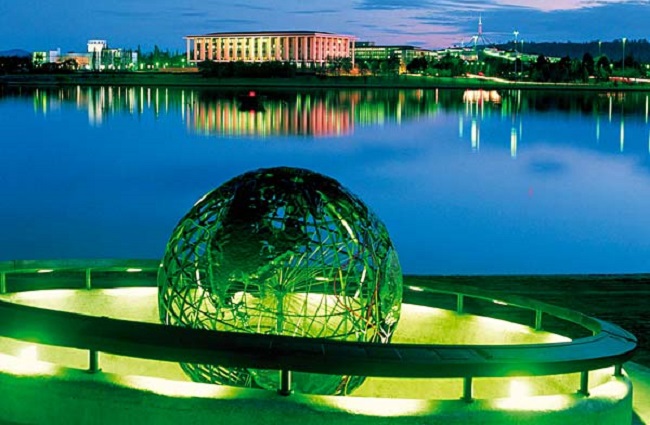
When choosing the capital, Australia couldn’t decide between Sydney and Melbourne, so they built Canberra as a compromise. Canberra, strategically located between the two major cities, now serves as the nation’s political center, even though it remains less internationally recognized than Sydney or Melbourne.
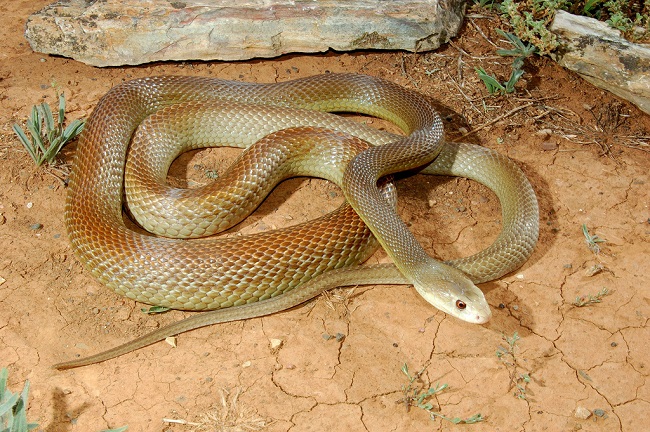
Australia is also home to one of the world’s most venomous snakes, the Coastal Taipan. This snake is notorious for its highly toxic venom, emphasizing the country’s reputation for dangerous wildlife.





